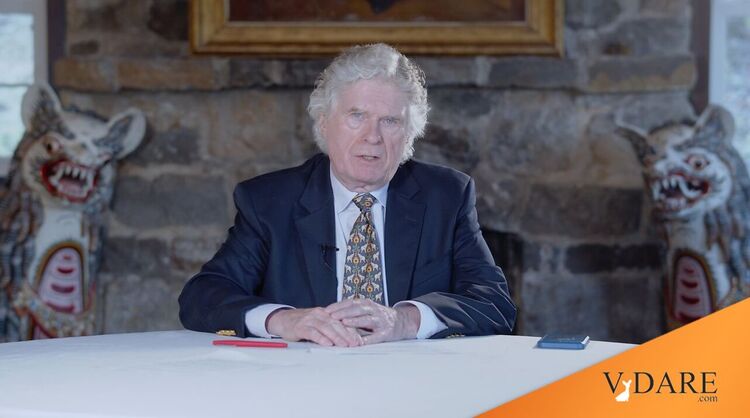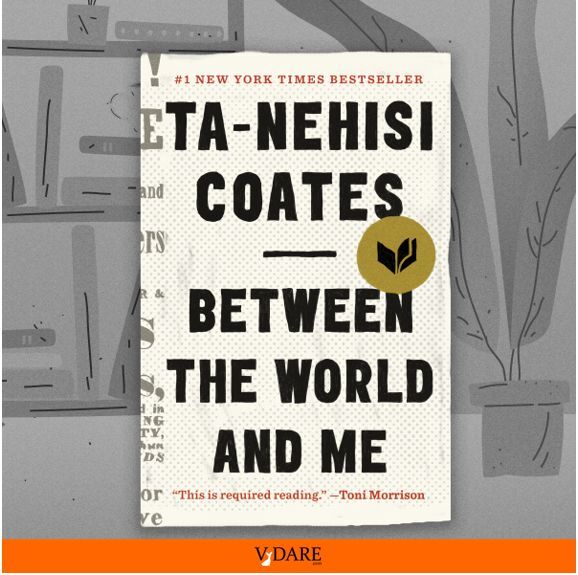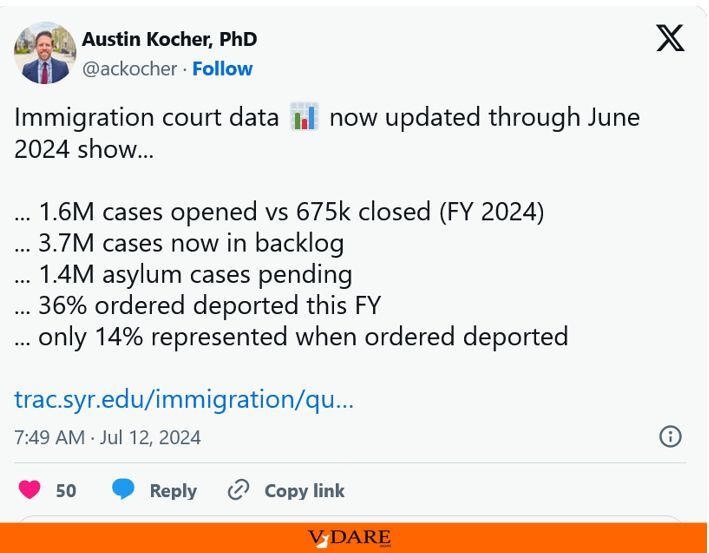From Reuters:
Exclusive: FBI raids home of ex-College Board official in probe of SAT leakFederal agents searched the home of a former employee-turned-outspoken critic of the College Board, the standardized testing giant, as part of an investigation into the breach of hundreds of questions from the SAT college entrance exam.
The Federal Bureau of Investigation seized computers and other material on Friday from Manuel Alfaro, who left his job as executive director of assessment design and development at the College Board in February 2015. The FBI is investigating alleged computer intrusion and theft against an unidentified “victim corporation” involving “confidential or proprietary information,” including tests, test forms and internal emails, according to a search warrant issued in the case.
Alfaro had contacted officials of seven state governments in recent months, accusing the College Board of making false claims about its tests when bidding for public contracts with the states. The College Board, he alleged, misled the states about the process it used to create questions for the new version of the SAT, resulting in an inferior exam. He also aired those allegations publicly, largely through postings on his LinkedIn account.One of my concerns over the last decade is that the high end testing systems in the U.S. are falling apart under the onslaught of millions of Tiger Mothers and their progeny.Lawyers for Alfaro could not be reached for comment. An FBI official confirmed that agents were present at Alfaro’s home in Maryland but declined to elaborate.
College Board spokesman Zach Goldberg said the leak of test questions constituted a crime. “We are pleased that this crime is being pursued aggressively,” he said. He dismissed Alfaro’s criticisms of the SAT test-making process as “patently false.”
The FBI raid comes after Reuters reported earlier this month (reut.rs/2b3gtyE) that the news agency had obtained about 400 unpublished questions from the newly redesigned SAT exam, which debuted in March. Some experts said the leak constituted one of the most serious breaches of security ever to come to light in the standardized testing industry.
Reuters reported previously that the SAT (reut.rs/1RL4ZSI) and its rival, the ACT, (reut.rs/2akY3uf) are being systematically gamed by test-prep operators in Asia. The SAT has proved particularly vulnerable to cheating because of its practice of reusing test questions. Test-preparation companies obtain previously administered questions that are scheduled for reuse and feed those questions to students, who can score higher by practicing on the exam items before the test.
I’ve heard that the Emperor of China made high stakes testing for mandarin jobs a necessity in 605 AD, which suggests that the Chinese became obsessed with gaming the test prep system around 606 AD. But Americans haven’t really faced up to the implications of globalization of our elite institutions.
The SAT and ACT are taken by millions of students a year and are major criteria used by U.S. colleges in selecting applicants. The cheating rings and leaks, testing experts say, call into question the fairness and validity of the standardized exams.The College Board, which is the main client of the Educational Testing Service’s SAT, is under the control of David Coleman, formerly chief author of the Common Core. Coleman is by no means stupid, but it’s concerning that America has by default seem to have bet the country on him.Alfaro, who oversaw the development of parts of the new SAT, jolted the staid world of standardized testing in May with a barrage of criticism of the College Board.
In a series of posts on LinkedIn and Twitter, he charged the New York-based not-for-profit with skipping a crucial step in the test development process, which he says resulted in a lower-quality exam. He also alleged in a June 1 post that the shortcut may fail to comply with federal guidance on peer review for state testing programs. …
A member of Congress, meanwhile, has asked federal regulators to look into Alfaro’s allegations. U.S. Sen. Barbara Mikulski, a Democrat from Maryland, has “been in touch with the Consumer Financial Protection Bureau,” according to a July 28 letter she wrote to Alfaro.
Asked Friday about Alfaro’s criticisms of the new exam, College Board spokesman Goldberg said: “Mr. Alfaro does not speak with any authority about our tests. With the new SAT, we have made an unprecedented commitment to transparency and have published our test specifications, which include the test development process. Any claims that counter the published information are patently false.”I’m guessing that this is the step where ethnic activists get paid to complain about regatta-type questions, but Alfaro feels like Coleman didn’t pay up.The document cited by Goldberg contains a nine-step process for developing the new SAT and ensuring that exams contain fair and valid questions. It’s the fourth of those steps that Alfaro says the College Board routinely skipped, according to his posts on LinkedIn. That step, known as “external content & fairness reviews prior to pretesting,” relates to the checks that new questions are supposed to undergo before they are included on an actual test.
According to the College Board document, newly written SAT questions are scrutinized by external, independent reviewers, who look for mistakes and potential bias. After that initial review, the questions are field tested on actual test-takers in an unscored section of a regular SAT exam.So I don’t really know what’s going on with the SAT, but this scandal underlines something I’ve been saying for awhile: that American elites need to focus on reforming testing so it isn’t gamed by new forces that a dynamic but naive mid-Century WASP like James Bryant Conant couldn’t have anticipated.The field testing helps determine whether questions are statistically valid and whether they should be included on a future, scored portion of the exam. After the field test, questions once again go through external reviews before they’re put on a live, scored section of the test.
The external reviews before field testing didn’t always happen, Alfaro alleged.
“The Content Advisory Committee reviewed the items for the first time, not before they were pretested, but after the items were assembled into operational SAT forms,” he wrote in a May 27 post on LinkedIn. In a June 9 post, he added: “We first implemented Step 4 in August of 2014, after thousands of items had already been developed and pretested without this crucial step.”
Conant, a chemist, became president of Harvard at age 40 in 1933 and soon plunged into a career of decision-making at the highest levels of importance. Most famously or notoriously, he was central to Harry Truman’s decision to drop the Bomb on Hiroshima. After 20 years at Harvard, Conant became the first ambassador to West Germany and negotiated with Adenauer West Germany rearming and joining NATO.
Were those good decisions? Well, we can safely say that like most of the things Conant was involved in, it was an important decision. Conant was the kind of guy that Presidents of the United States turned to. When the buck stopped here, it was usually after Conant had had his say.
One of the many important decisions Conant made was Harvard starting to use the SAT in 1934 and his sponsoring the creation of the ETS to continue to update it in 1948.
Conant was the son of a skilled tradesman in Dorchester, MA and he resented the Boston Brahmins who had run Harvard forever. For example, from 1869 to 1933, the presidents of Harvard had been named Eliot and Lowell.
One obvious possibility was for Harvard to admit more Jews, which Conant did to some extent. But he was more excited about the notion that there was a Jeffersonian natural aristocracy out there scattered about the hinterlands that could be identified and nurtured through systematic testing.
Nicholas Lemann, author of the 1995 book The Big Test, remarked to PBS in the early 2000s:
First of all, Conant himself, although he was never a card-carrying member of the eugenics movement, clearly believed in the basic theory that intelligence is an innate and sort of biological quality and that it’s the most important human quality. So that’s the starting point. But on a more practical level, when he’s starting the system in the 1930s and 40s, American education is highly various–it’s a big country, you know, air travel and long distance telephony are in their infancy. Schools are just very different from place to place. There’s no national curriculum. So you need a way to perform a straight-up comparison of high school students who have been exposed to very different kinds of education. And to Conant the IQ test or aptitude test is the best way to do that. He was quite insistent on that.So, my point is that if you go back 70 or 80 years, the people worried about high stakes testing were serious superstars like Conant, but in recent decades they’ve been West Virginia politicians and McKinsey consultants. For a long time, that wasn’t a problem because we actually had a pretty good system set up by guys like Conant that Americans didn’t much abuse.Conant had this kind of idealistic belief in creating a classless society. He was very, very tied to the idea of not favoring people who had been born into a privileged class, which is highly ironic today. So he thought that if you had tests that were achievement tests, or tests of mastery of the high school curriculum, it would be unfair to poor kids because they wouldn’t have gone to good high schools. Anything that would help the rich kids who had been to fancy prep schools in the East Conant was against. So in his meetings with Chauncey about the SAT he would say over and over again, according to Chauncey, “Now are you sure this isn’t an achievement test? Are you sure this is a pure aptitude test, pure intelligence? That’s what I want to measure, because that is the way I think we can give poor boys the best chance and take away the advantage of rich boys.”
What Conant wanted was to take an old elite and substitute for it a new elite. …
Conant believed that a narrow constricted group of wealthy descendents of the early settlers of America – people born into money, privately educated, often in New England boarding schools, usually Episcopalian – had formed a kind of club. They weren’t especially able, to Conant’s mind, and they kind of controlled everything, they had a grip on everything. And they had built a system in which the word meritocracy wasn’t around, but they built a sort of fake meritocracy in which the rules were rigged so only they could win.
Conant’s primary goal, as far as domestic life in America, was to break the hold of this old elite and put in its place, a new elite that would be made up of people from a national group, people from all over the country, people selected on pure intelligence, not on their background. These would be people who he assumed would have come from very modest backgrounds and would have gone to public school rather than private school–people who would be more liberal, ideologically, than the predecessor group.
He wanted to break the old group’s hold, create the new group, and put them in charge of the country. I mean, it’s astonishingly ambitious. …
Well, the fundamental irony of the American meritocracy, the system that Conant set up, is this: people will start madly manipulating the system to their favor and to the favor of their children. And the people who have more money and more power and more sophistication will be able to manipulate it more successfully. So, the sort of the tragedy of Conant’s system is that some of his ideas just seem laughable today. The idea that America would become a classless society through the use of these tests. The idea that the people who score high on these tests would care only about public service and the good of the country and would be indifferent to money and power. The idea that they would be admired by ordinary people in the country. The idea that they would turn social arrangements completely upside down in the country. The idea that they would be enemies of privilege–they wouldn’t want to privilege themselves above others, they would want to wipe out all privilege in America.
I mean, these ideas are appealing but today they just sound impossibly naïve. You can’t set up a system to distribute rank and privilege and assume it won’t be used for that purpose by people and that people won’t eventually figure out how to game the system and use it to pass on advantage. Every conceivable meritocracy, degrades over time into an aristocracy. It just has to happen that way. …
The first group to use this meritocratic system to make it were the Jews. And Jews were rising very fast through the system, particularly in the immediate post-World War II decades.
And then starting around 1980, the action shifted, and the rising group that was outperforming where they were in the society tended to be Asian-Americans–in particular, Chinese-Americans. Now why does that happen? There’s a whole lot of reasons. One reason is just people are hungry and motivated, and they see this as an arena of opportunity.
But there’s a more particular reason which applies in different ways both to Jews and to Asians, which is, given what the system is, given how the system defines merit, it basically defines merit as studiousness, and ability to get good grades in school. And it tremendously glorifies book learning and study. In both Jews and Asians, you have people who come from long cultural traditions that are already in that place that American society got to in the late twentieth century…Within the ethnic culture there’s a tremendous value put on studying, learning, scholarship, in the case of Asian-Americans, specifically on testing.
For well over a thousand years, there’s been in various Asian countries starting with China, systems of distributing prestige and rewards on the basis of how you do on exams. So this stuff is really rooted culturally, and people who grow up in the culture tend to be unusually well-equipped to sort of deal with the American meritocracy.
But globalization should have wiped out that confidence. This is global tong war over test scores.
But Americans have yet to figure out what’s going on. That would be racist.











